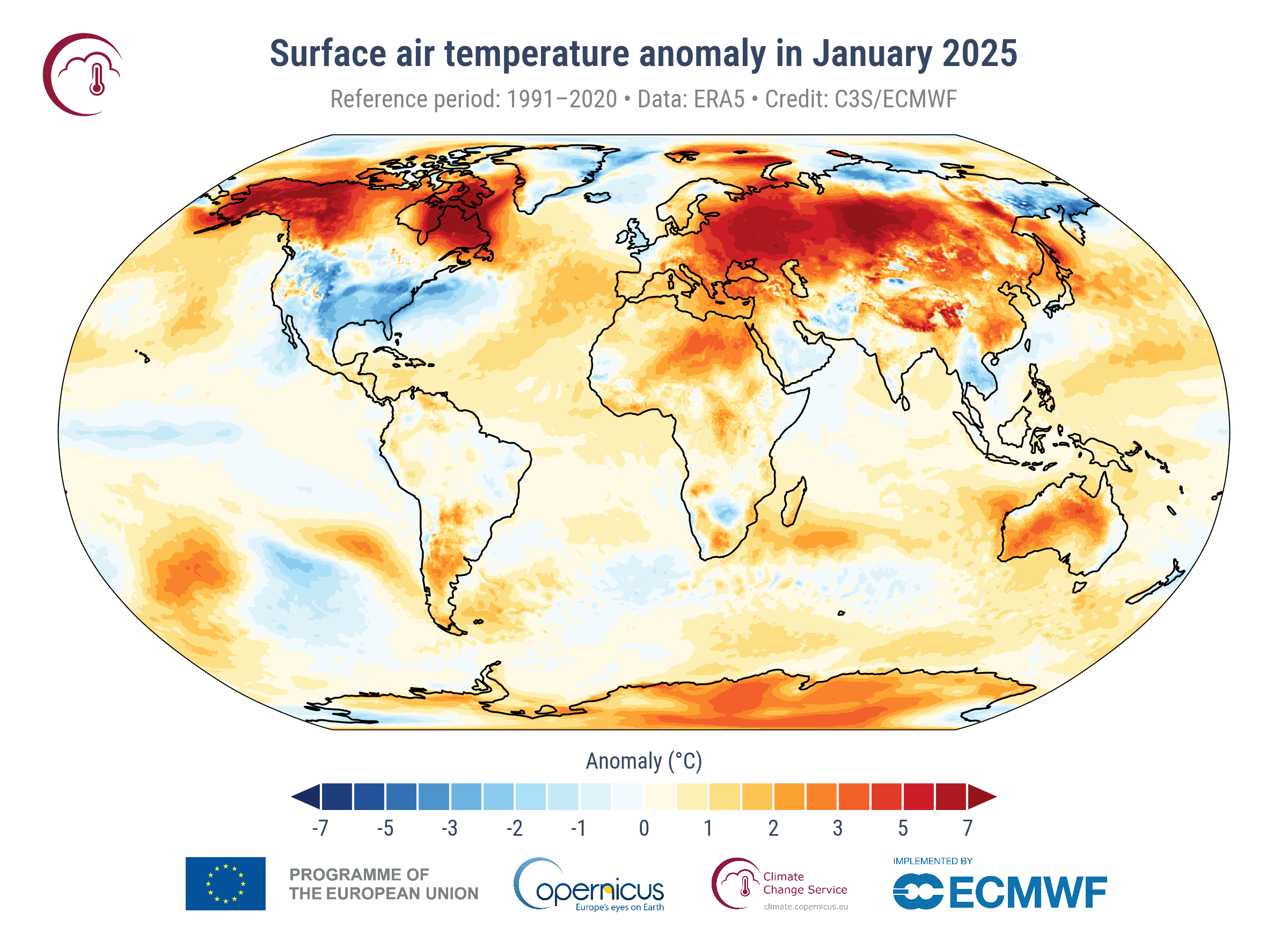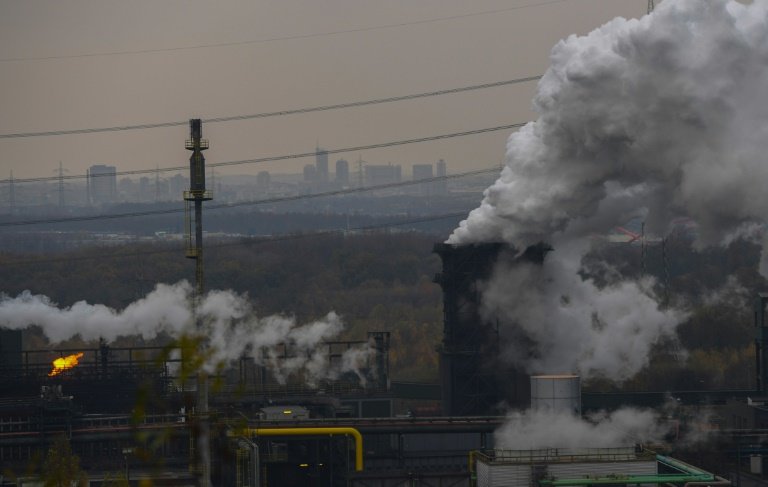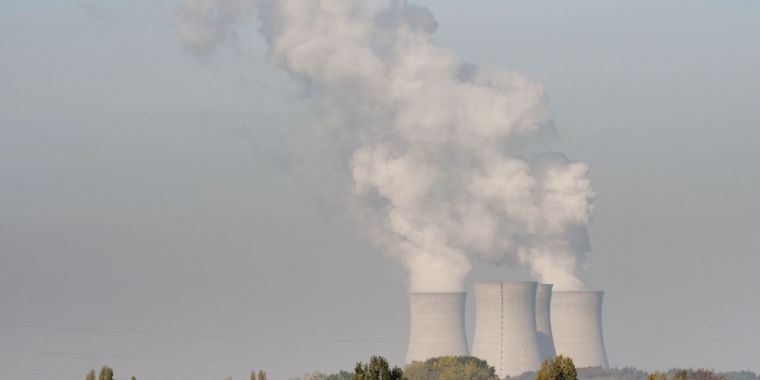
On 14 May 2025, the Sun erupted with the biggest flare we've seen all year.

January 2025 was 1.75°C above the pre-industrial level and was the 18th month in the last nineteen months for which the global-average surface air temperature was more than 1.5°C above the pre-industrial level.

From exploring the Moon to revealing mysteries of the solar system, space agencies around the world are gearing up for an exciting year of launches and flybys.

New research by Loughborough University warns that global renewable electricity supply will be unable to meet the surging demand from digital data by 2025.

Amazon's purchases last year bring the company closer to powering its operations with 100% renewable energy by 2025, five years ahead of its original 2030 target.

Singapore declares war on all new diesel car and taxi sales from 2025. The ban follows a global trend that has a growing number of countries pledging to ban fossil-fuel car sales in five to 10 years.

New Zealand has joined 32 other nations in formally acknowledging a climate emergency. NZ's Prime Minister pledged that New Zealand would have a carbon-neutral government by 2025.

TESS is likely to find between 10,000 and 15,000 exoplanet candidates by 2025. By 2030, the European Space Agency’s GAIA and PLATO missions are expected to find another 20,000-35,000 planets.

Inditex, owner of fast fashion brand Zara, announced that "100 percent of the cotton, linen and polyester used by all eight of its brands will be organic, sustainable or recycled" and that all viscose will be sustainably produced by 2023.

The UK Government has announced plans to end fossil fuel heating systems in new houses from 2025.

European Union member states and the European Parliament agreed Wednesday to reform the bloc's electricity market, including a call to end coal subsidies by 2025.

French President Emmanuel Macron talked about the country's future plans for nuclear power, saying France would retire 14 nuclear reactors but on a slower timeline than had been suggested previously.

By 2025, all buses in Amsterdam will be electric. In addition, the city's fleet of 150 sightseeing boats are all going to be going electric too.

Chargepoint has pledged a truly massive expansion of its global network of electric vehicle charging stations—an impressive 2.5 million charging spots by 2025 as part of its pledge to the Global Climate Action Summit.

Plastic utensils, straws, coffee stirrers and cotton swabs may soon be a lot harder to come by in Europe. The EU Commission is to present its plan to ban the single-use products in the fight against plastic waste.